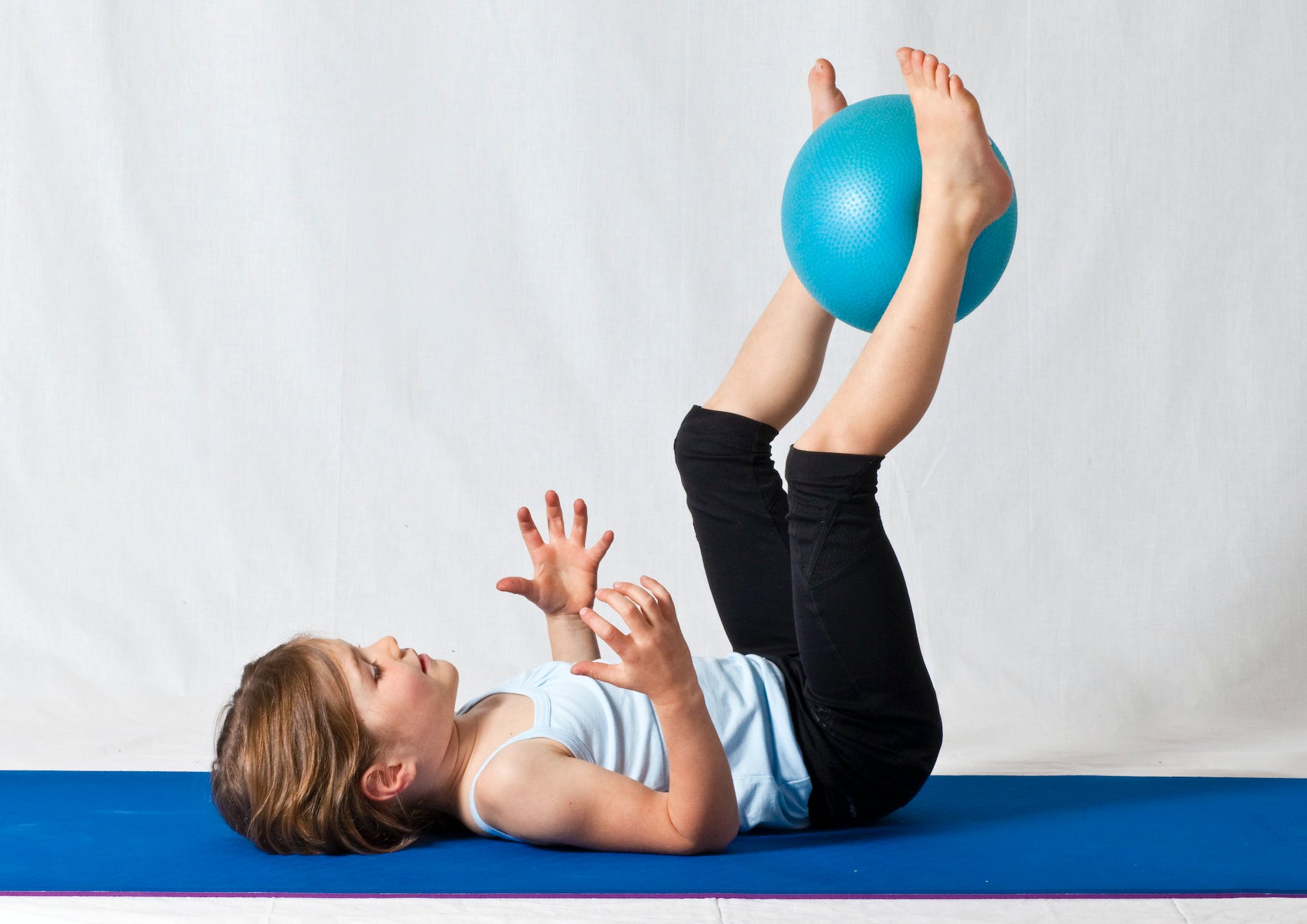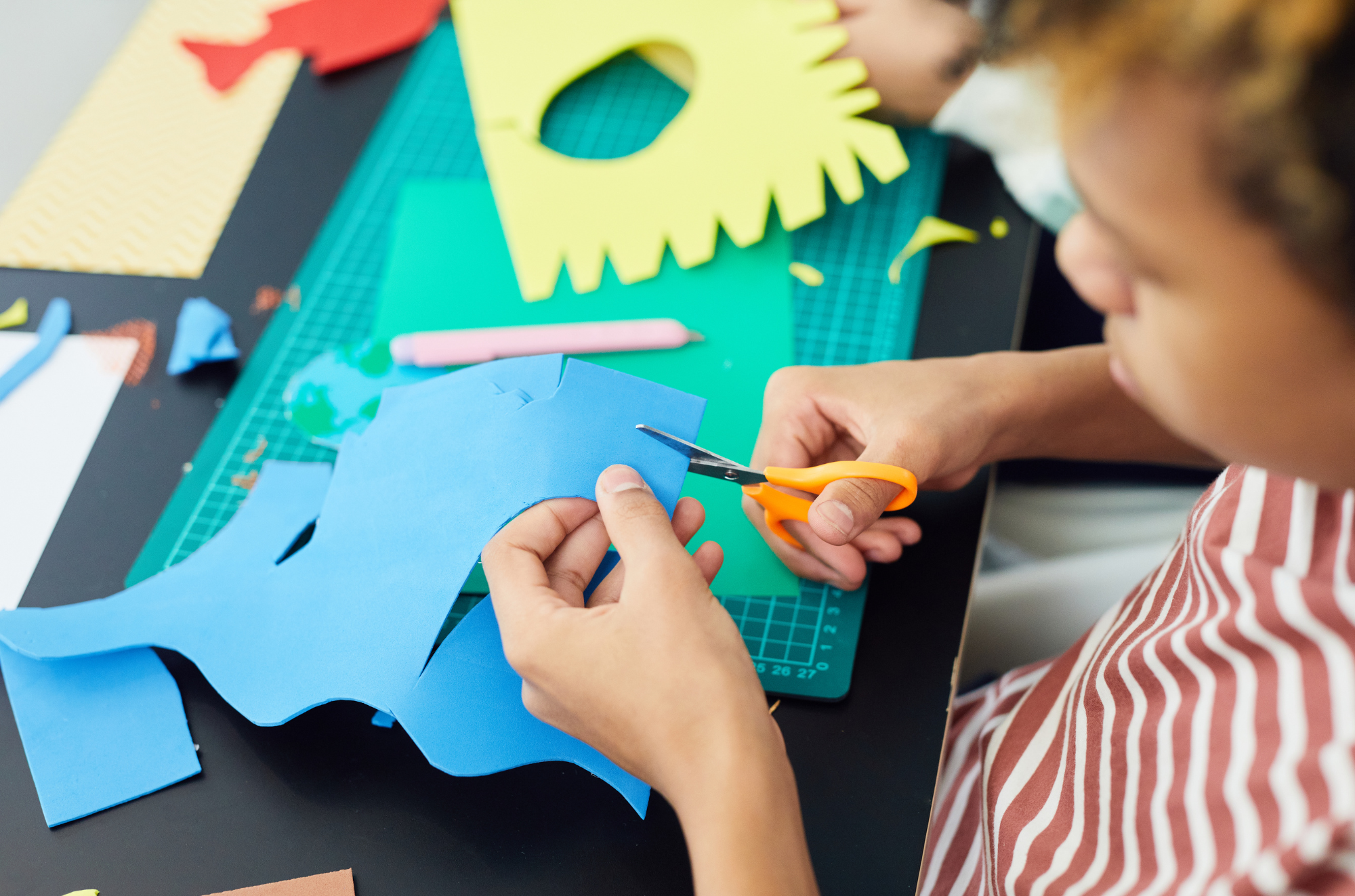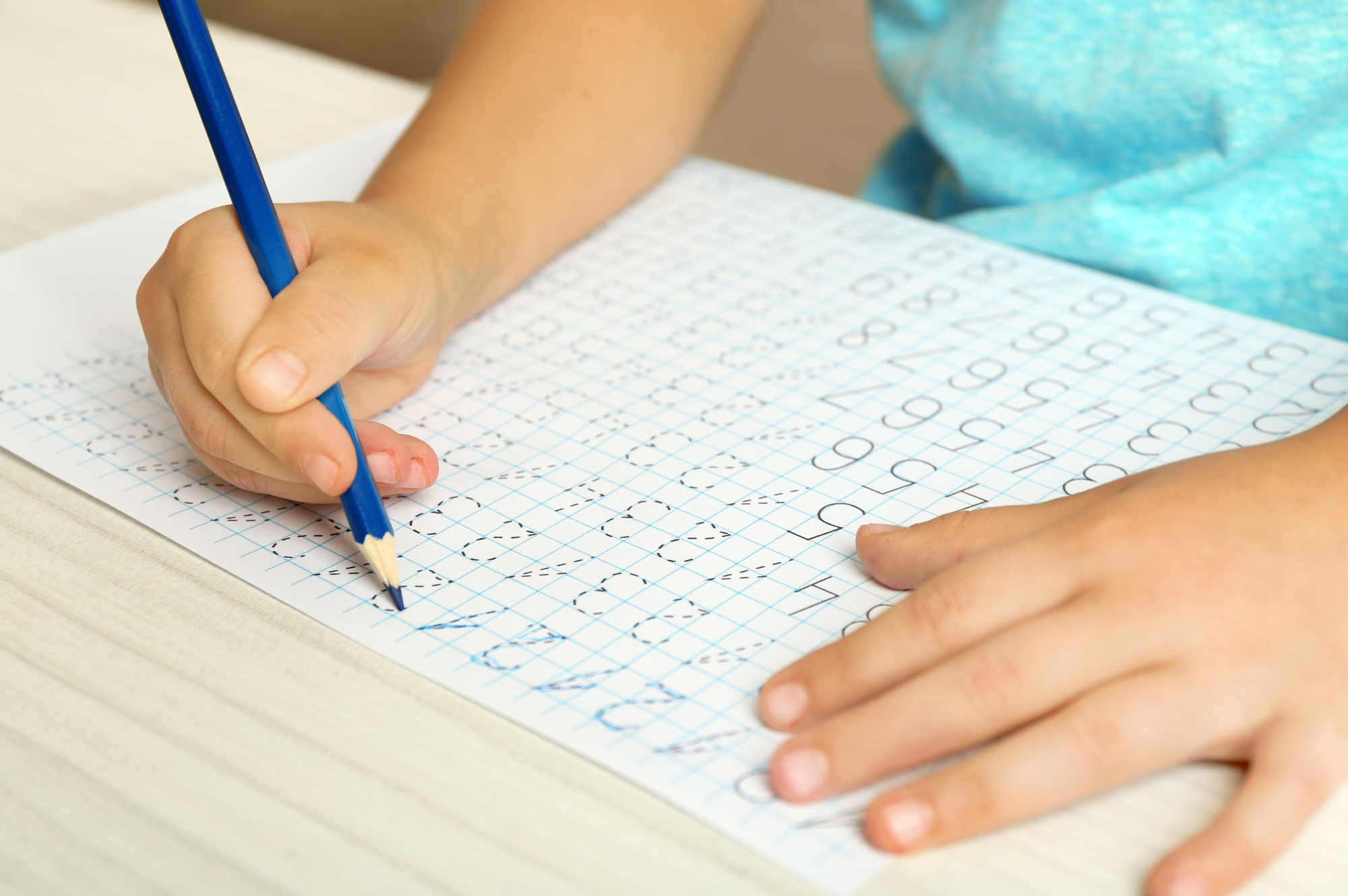What is Occupational Therapy
Children’s Occupational Therapy focuses on enabling children to participate more successfully in Activities of Daily Life. Daily life is made up of many activities or “occupations” including
- Self-care Activities (such as dressing, washing, going to the toilet, eating and sleeping)
- Being Productive (participating in nursery and school activities) and
- Leisure Activities (play, hobbies and sports).
When children are successful in their daily life activities they develop and thrive. Sometimes, however, something gets in the way of a child developing skills or performing as he or she should. This can influence their self-esteem, behaviour and progress.
Leigh will spend time getting to know a child and their typical daily life. This includes understanding their needs, wants and parental/societal expectations of them.
Various assessments, including clinical observations, standardised assessments and feedback from parents and school staff will help the Leigh identify areas of challenge.
Together, possible solutions will be developed, such as exploring alternative ways of doing things or making changes to the environment to support participation.
The primary goal of School-Based Occupational Therapy is to work on factors affecting your child’s performance within the school environment such as attention, focus, sensory processing or handwriting challenges.


Core Strength
Core Strength is the ability to stabilise joints by balancing the muscles in our trunks, around our hips and around our shoulders. Well-developed core strength is essential for children to adopt and maintain a suitable, upright sitting posture when working at the desk.

Gross Motor Skills
Gross Motor Skills are those which require whole body movement and which involve the large (core stabilising) muscles of the body to perform everyday functions such as standing and walking, running and jumping, and sitting upright at the table.

Fine Motor Skills
Fine Motor Control is the ability to use hands and fingers accurately and in a controlled manner to carry out skilled activities. A prerequisite to good control and refinement of the fine motor muscles is adequate development and control of the gross motor muscles.

Visual Perception
This is the brain’s ability to put meaning to the information that it receives through the eyes (ie. How the brain makes sense of what the eyes see). It enables a child to read, write and do sums. Visual Perception can be divided into a number of perceptual abilities namely Position in Space, Figure-Ground, Spatial Relations, Visual Closure and Form Constancy.

Visual Motor Integration
This refers to the ability to co-ordinate visual information with motor output (ie. co-ordinating eyes with the hands). It is how the brain makes sense of what the eye sees, and how well that is transferred and controlled in a motor task such as copying and writing.

Sensory
In order to respond appropriately to a particular situation, information received through all of the senses and information received about movement and gravity must be integrated. Our sensory systems have a strong impact on our arousal states. This and our ability to manage our alertness is known as sensory regulation.
Reasons you may consider contacting an Occupational Therapist
- Your child lacks independence in Activities of Daily Life
- Your child is easily distracted during tasks, especially when in a classroom environment.
- Your child is fidgety, restless and/or ‘on-the-go’ throughout the day
- Your child is over or under sensitive to touch, sight, noise and/or movement
- There is a history of delays in motor milestones
- Your child may be clumsy, often falling over or bumping into things
- Your child may find it challenging to learn new physical skills.
- Your child finds it difficult to adopt a good posture when sitting and/or remain seated when at a desk/table.
- Your child has poor organisational skills – often forgetting or losing things.
- Your child struggles with fine motor tasks such as holding pencils, cutting and using cutlery.
- Your child struggles with social skills and situations, often becoming emotionally overwhelmed.
- Your child has a limited diet and refuses foods of certain textures.
- Your child has poor sleeping patterns.



